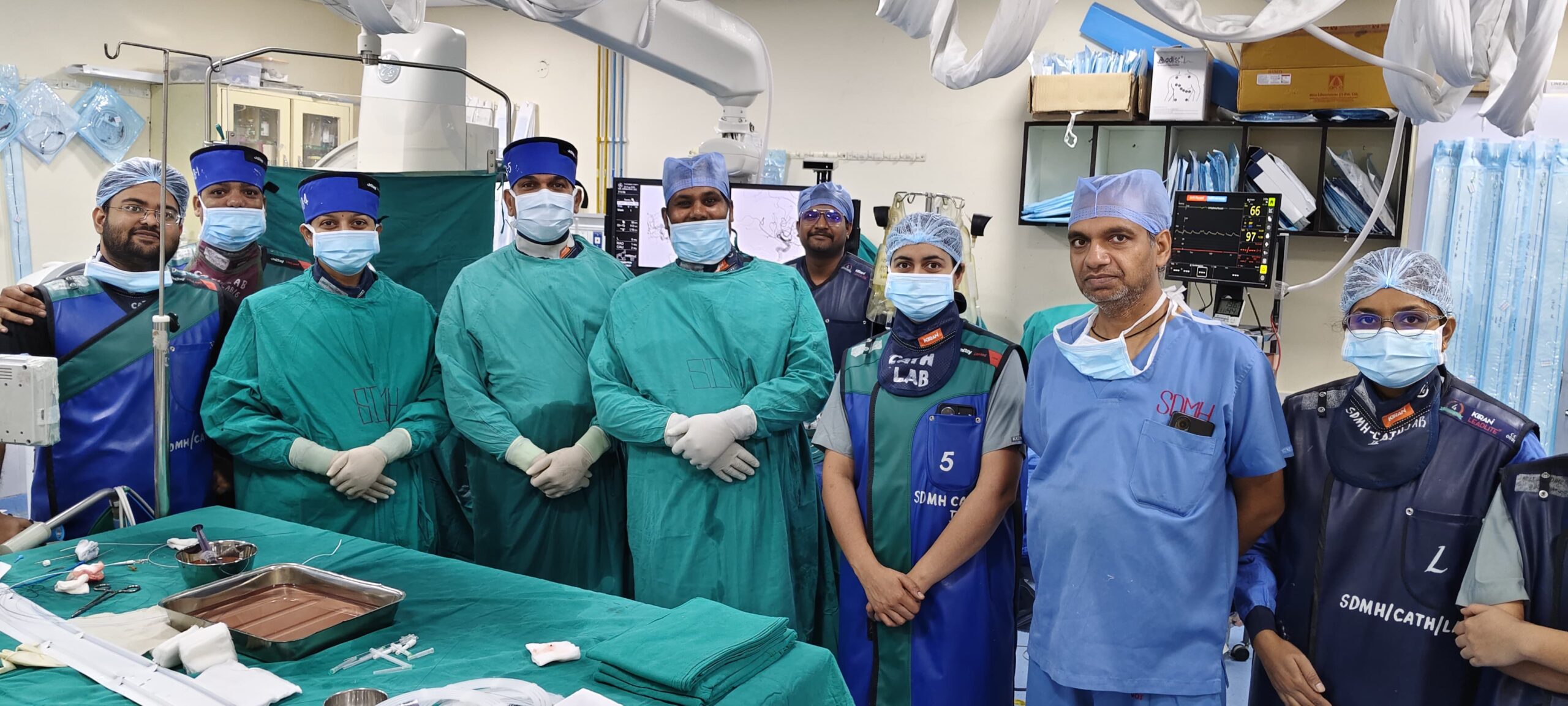Subtotal ₹0.00
Shopping cart
- drsharmadp@gmail.com
- B-434, Pradhan Marg, Vidyut Abhiyanta Colony, Malviya Nagar, Jaipur (Raj.)
Traumatic Brain Injury (TBI) is one of the most serious neurological emergencies. It occurs when a sudden impact, fall, or accident causes bleeding or swelling inside the brain. Dr. D.P. Sharma (MBBS, MS, M.Ch Neurosurgery, Fellow Endovascular Surgery), a senior neurosurgeon in Jaipur, provides advanced treatment for TBI including **Subdural Hematoma (SDH)**, **Epidural Hematoma (EDH)**, and **Intracerebral Hemorrhage (ICH)** using both microsurgical and minimally invasive approaches. Prompt treatment can be life-saving and help patients regain function.
TBI is an injury to the brain caused by sudden external force or trauma. Depending on the severity, it can cause temporary symptoms like headache and dizziness, or life-threatening complications like brain bleeding and coma. The three common bleeding types in TBI are:
SDH occurs when blood collects beneath the dura, pressing on the brain. It can be acute (severe, sudden) or chronic (slow buildup over weeks).
Surgery is needed to remove the blood clot and reduce brain pressure, preventing permanent damage or death.
Microsurgical craniotomy or burr-hole surgery is performed to drain the clot. Dr. Sharma uses minimally invasive techniques whenever possible.
Hospital stay ranges from a few days to weeks depending on severity. Rehabilitation may include physiotherapy and speech therapy. Many patients recover well if treated early.
Seek urgent medical help if someone develops headache, vomiting, confusion, or weakness after a head injury.
EDH is caused by bleeding between the skull and dura, often due to skull fractures. It can progress rapidly and is considered a neurosurgical emergency.
Immediate surgery prevents brain herniation and death. Without treatment, EDH can be fatal.
Microsurgical craniotomy is performed to evacuate the clot and stop bleeding. Time is critical in EDH cases.
Recovery depends on how quickly surgery is performed. Patients treated early often return to normal life.
Any head injury with sudden unconsciousness, seizures, or abnormal pupil response needs emergency neurosurgical care.
ICH occurs when bleeding happens inside the brain tissue itself. It may result from trauma, hypertension, or blood vessel rupture.
Treatment is required to control bleeding, relieve brain pressure, and prevent further brain damage.
Depending on size and location, treatment may involve microsurgical evacuation, endoscopic procedures, or medical management in ICU. Dr. Sharma chooses the safest method for each patient.
Recovery varies widely. Early surgery, proper ICU care, and rehabilitation improve outcomes significantly.
If sudden stroke-like symptoms appear after trauma, immediate neurosurgical consultation is critical.

If you or your loved one has suffered a head injury, do not delay. Contact Dr. D.P. Sharma’s neurosurgery clinic in Jaipur for urgent evaluation and treatment.
SDH is bleeding under the dura, EDH is bleeding between skull and dura, and ICH is bleeding inside brain tissue. All require prompt neurosurgical evaluation.
Not always. Small bleeds may be monitored, but large or symptomatic hemorrhages usually need surgery.
Recovery can take weeks to months, depending on severity. Early rehabilitation helps improve long-term outcomes.
Yes, many patients return to work and normal activities after treatment, especially when care is sought quickly.
With advanced expertise in microsurgery and endovascular neurosurgery, Dr. Sharma ensures accurate diagnosis, timely intervention, and patient-focused recovery care at his Jaipur center.
WhatsApp us !